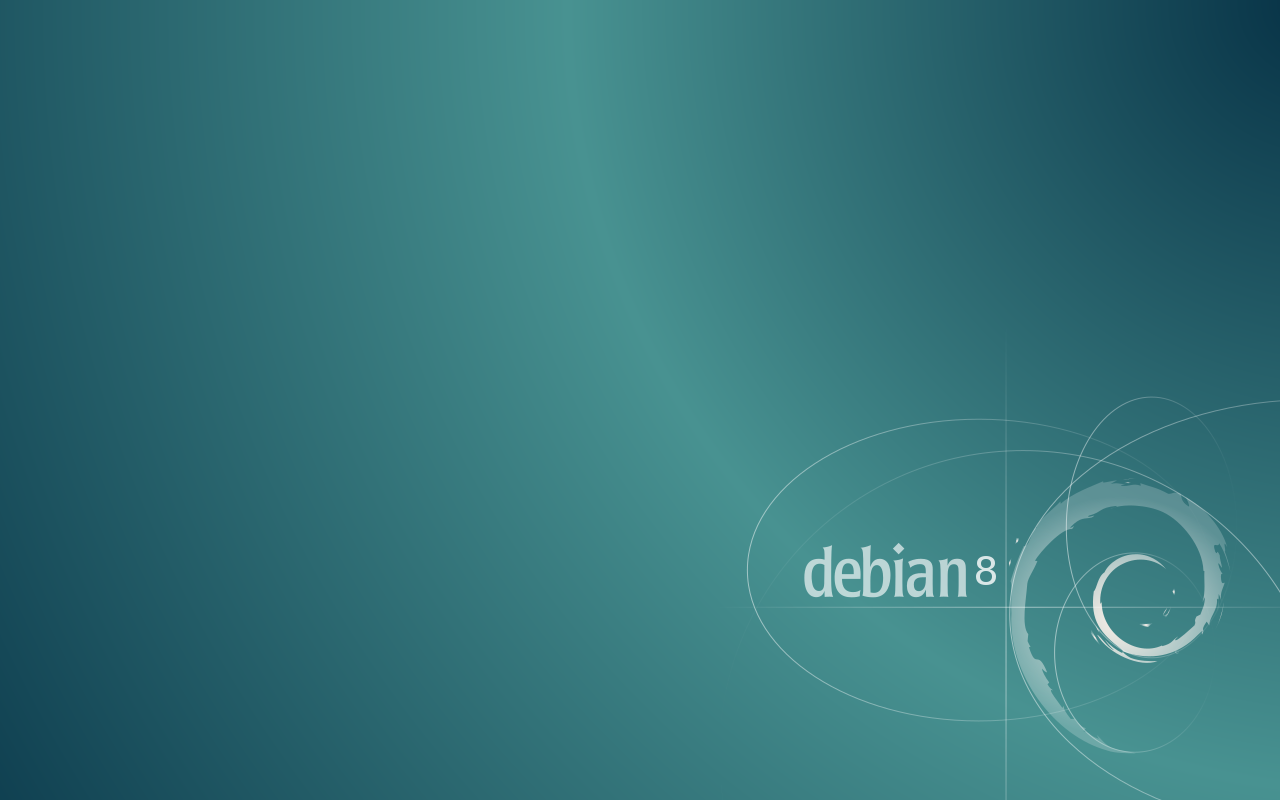

- #DEBIAN CHECK FOR UPDATES AT LOGIN INSTALL#
- #DEBIAN CHECK FOR UPDATES AT LOGIN UPDATE#
- #DEBIAN CHECK FOR UPDATES AT LOGIN UPGRADE#
- #DEBIAN CHECK FOR UPDATES AT LOGIN SOFTWARE#
- #DEBIAN CHECK FOR UPDATES AT LOGIN DOWNLOAD#
However, you would still see “linux-generic-hwe” kind of package in the list of upgradable packages.
#DEBIAN CHECK FOR UPDATES AT LOGIN UPGRADE#
It’s because the system treats them as new packages, not an upgrade on already installed package linux-headers-a-b. When you run the ‘apt list –upgradable’ command it shows all the packages that can be upgraded.īut if there are new kernel versions available, they might not be shown since the kernel package name starts with linux-headers-x-y. You can remove the hold with this command: sudo apt-mark unhold package_name Does it show the kernel upgrades? With that, the given package won’t be upgraded when you upgrade all the system packages.

You can also do the opposite and hold selected packages from the upgrade.
#DEBIAN CHECK FOR UPDATES AT LOGIN INSTALL#
You can also upgrade selected few packages by providing their name: sudo apt -only-upgrade install package1 package2 It won’t install the given package if it is not already installed. With the -only-upgrade flag, you ensure that a package is only upgraded (if it is already installed).
#DEBIAN CHECK FOR UPDATES AT LOGIN UPDATE#
sudo apt -only-upgrade install package_nameĪctually, if you run the apt install command on an already installed package for which an update is available, it will upgrade the package. If you are managing an Ubuntu server and you don’t want to upgrade all the packages but only one of a few selected ones (like MySQL/Ngnix), you can do that easily with the apt command. Running an upgrade simulation with apt command Upgrade only the selected packages The apt command tells you how many packages can be upgraded at the end of the update command: So, to list all the upgradable packages on your Ubuntu or Debian system, you should update the local package cache first: sudo apt updateĪnd then your system will be aware of the available package updates. In other words, it works with apt packages only. So, if you have added PPAs or external repositories to your system’s sources.list, you’ll see the updates from them.īut you won’t get updates for AppImage, Flatpak, Snap or some other packaging formats here. What you should know here is that you only get to list the updates available through the APT package manager. Let’s talk about it in a bit more detail. That’s one of the several new features apt has added on top of the older apt-get command. I don’t recall any similar direct option in the older apt-get command to list all the upgradable packages. Fetched 1,243 kB in 17s (71.4 kB/s)ģ0 packages can be upgraded. In fact, the apt command adds this hint when you run the sudo apt update command to update the local package repository cache. It just lists the packages that can be updated. And to display them, all you have to do is to use this command in the terminal: apt list -upgradableĪs you can notice, you don’t even need sudo to list the updatable packages. One of them is the ability to see all the upgradable packages on your system. While you are probably already familiar with the install and remove options, apt provides a few extra features as well.
#DEBIAN CHECK FOR UPDATES AT LOGIN SOFTWARE#
If a user (who just wants to use Ubuntu out of the box without coming to AskUbuntu or similar sites to get under the hood) sets a system setting called ‘Automatically check for updates’ to ‘Never’ then a piece of default software should not cut across that decision.The apt command is used for package management in Debian and Ubuntu. Incidentally, I think that this is a bug, or at least a mistake. Put another way, removing unattended-upgrades may also be necessary to deal with this problem but it is not sufficient. You may also need to remove unattended-upgrades ( sudo apt-get purge unattended-upgrades), but I had done that already and it didn’t stop the problem dealt with here. I didn’t try it, but the link above and my reading of the dconfig page for it ( ‘Description: If enabled, GNOME Software automatically downloads updates in the background and prompts the user to install them when ready’) suggests that using dconfig to set /org/gnome/software/download-updates to false, or just running gsettings set download-updates false, will also do the trick.I have uninstalled it ( sudo apt-get purge gnome-software) and – so far as I can tell – the repositories are no longer being automatically updated.Reading the answer to this question ( How can I ban Software Updater from checking for updates at certain times of day or certain days of week?) has led me to this answer:

#DEBIAN CHECK FOR UPDATES AT LOGIN DOWNLOAD#
the equivalent of running sudo apt-get update) and then updates suggested for download by update-notifier (I presume because I still had ‘When there are updates’ set to ‘Display immediately’). ‘Automatically check for updates’ set to ‘Never’ in the ‘Software & Updates’ dialogue but repositories still being updated (i.e.


 0 kommentar(er)
0 kommentar(er)
